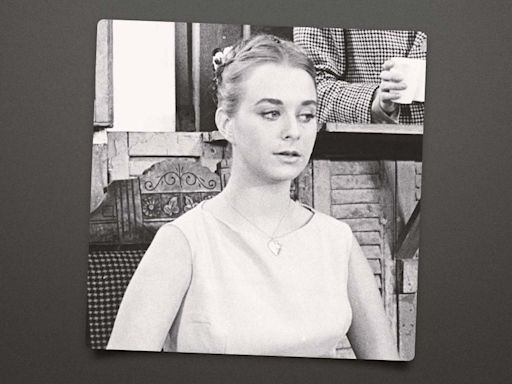Search results
- The Hollywood Reporter via Yahoo
Rochelle Oliver, ‘Who’s Afraid of Virginia Woolf?’ Star and Admired Acting Teacher, Dies at 86
Rochelle Oliver, who starred on Broadway in Lillian Hellman’s Toys in the Attic and Edward Albee’s Who’s Afraid of Virginia Woolf? and taught acting at New York’s respected HB Studio since the ...
8 hours ago
- The Telegraph via Yahoo
Virginia Woolf was a hopeless gardener – but Monk’s House remains a floral wonderland
No one could describe Virginia Woolf as a keen gardener. She often regarded the garden at Monk’s House, so lovingly tended by her husband Leonard, as a kind of rapacious rival, a threat that ...
2 days ago
Dec 17, 2019 · A new biography of Virginia Woolf looks at the impact of sexual abuse during her childhood and adolescence, and why this is relevant today.
Virginia Woolf (1882-1941) was an English novelist, essayist, biographer, and feminist. Woolf was a prolific writer, whose modernist style changed with each new novel. [1] Her letters and memoirs reveal glimpses of Woolf at the center of English literary culture during the Bloomsbury era.
Virginia Woolf Was More Than Just a Women’s Writer. She was a great observer of everyday life. Virginia Woolf, that great lover of language, would surely be amused to know that, some seven decades after her death, she endures most vividly in popular culture as a pun—within the title of Edward Albee’s celebrated drama, Who’s Afraid of ...
Woolf solved biographical, historical, and personal dilemmas with the story of Orlando, who lives from Elizabethan times through the entire 18th century; he then becomes female, experiences debilitating gender constraints, and lives into the 20th century.
Aug 8, 2023 · In November 2022, the first full-size bronze statue of Virginia Woolf was unveiled in Richmond, South London, where she lived with her husband Leonard from 1915 to 1924. It features the author...
Virginia Woolf, orig. Adeline Virginia Stephen, (born Jan. 25, 1882, London, Eng.—died March 28, 1941, near Rodmell, Sussex), British novelist and critic. Daughter of Leslie Stephen, she and her sister became the early nucleus of the Bloomsbury group. She married Leonard Woolf in 1912; in 1917 they founded the Hogarth Press.
Mar 23, 2016 · Virginia Woolf wrote Between the Acts shortly before she died and against a backdrop of turmoil and war. Today, her final novel is one of her least-known – and most striking. On 27 March 1941,...


